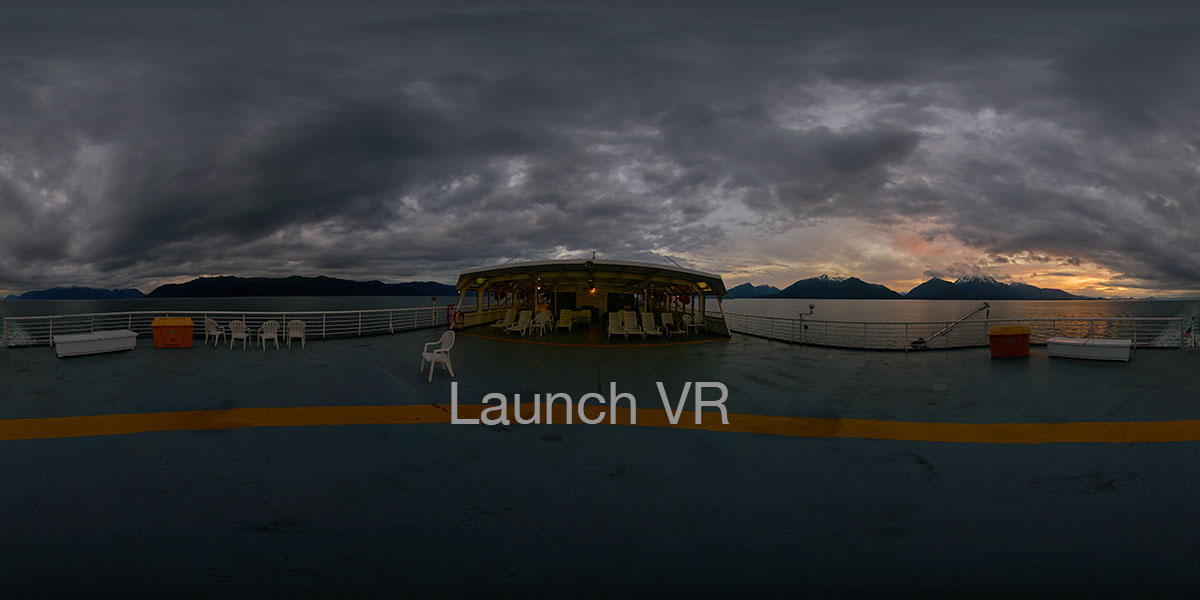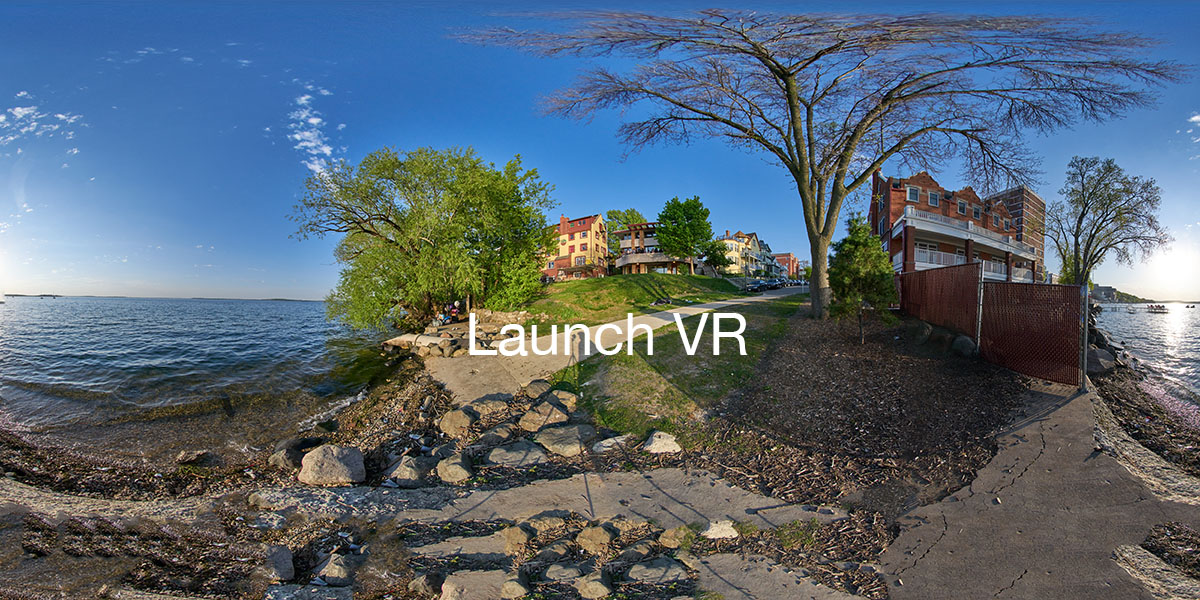industry, which right now is the fundamental engine for most of the internet wealth and all the businesses from Google to Facebook. Their billions are coming basically from advertising. I think it’s going to be very ripe for destruction because, in a curious way when we have this abundance of materials, commodity, everything, just super abundance, that the only scarcity we have is human attention, which is limited.
The End of Capitalism?
Postcapitalism: A Guide to our Future. He’s also the economics editor of Britain’s Channel 4 television news, and a regular contributor to The Guardian and The New Statesman. He counts himself among a growing number of thinkers, economists, writers and activists — who, while rejecting the well-worn notion of ‘a class struggle leading to a socialist revolution,’ nevertheless believe that a more equitable society is possible.
St. Nicholas Orthodox Church Juneau, AK Panorama
I had a rather interesting chat with the minister, who, it turns out, spent time in Madison some years ago.
St. Nicholas Church website. Wikipedia.
Speaking of Madison, a Mini Cooper sported the “W” in a nearby parking lot:
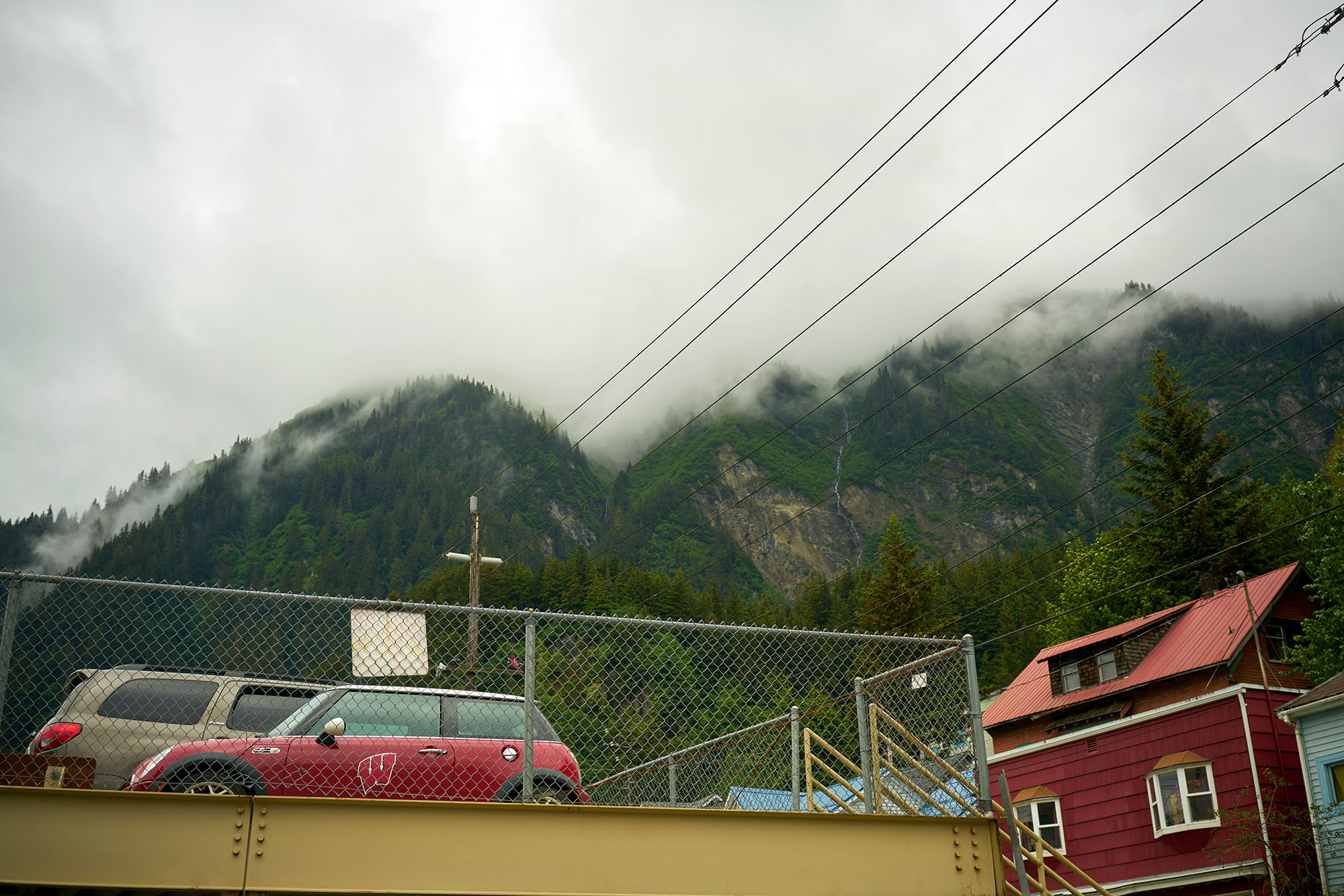
MV Matanuska: A Gorgeous Ride Through The Inside Passage

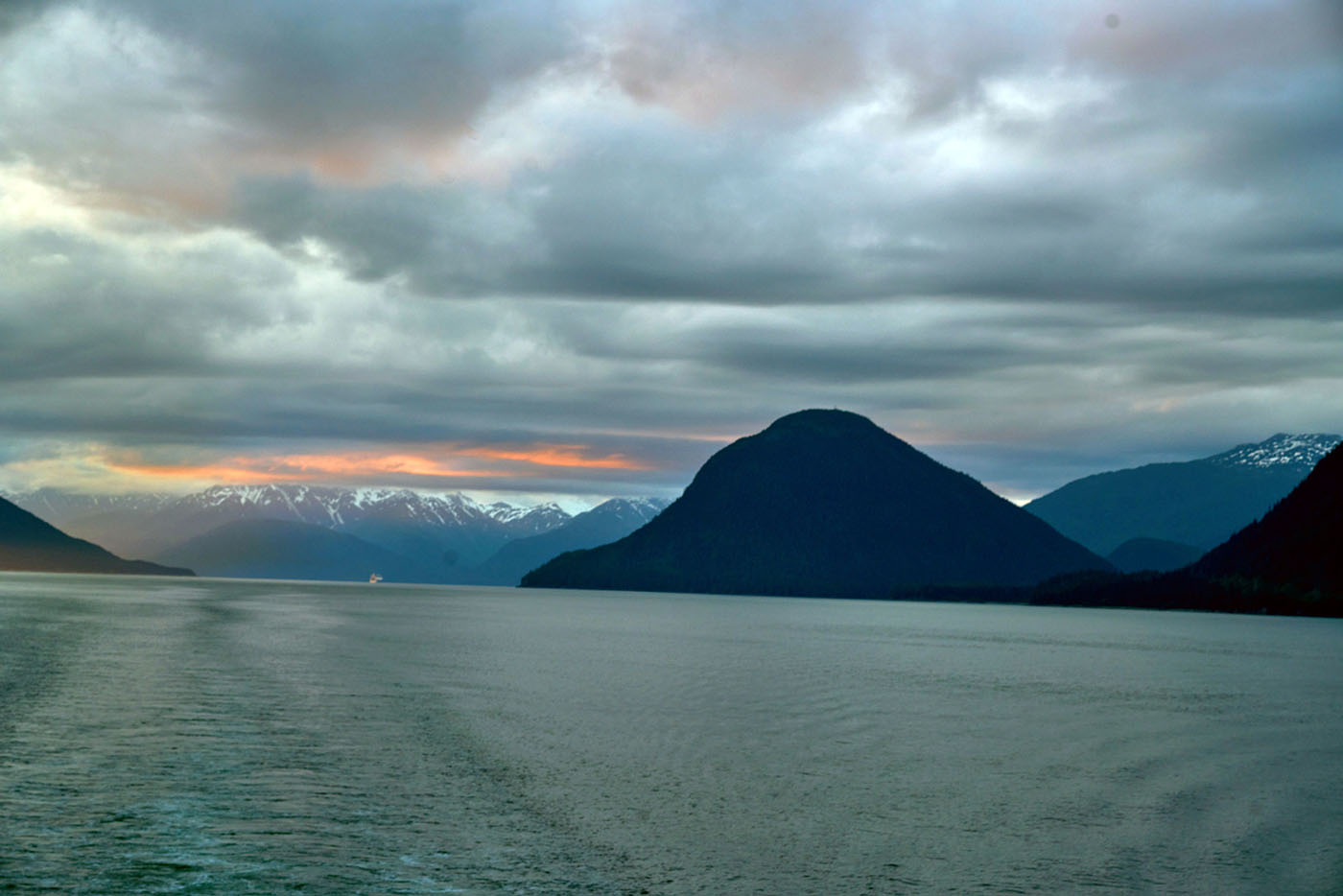

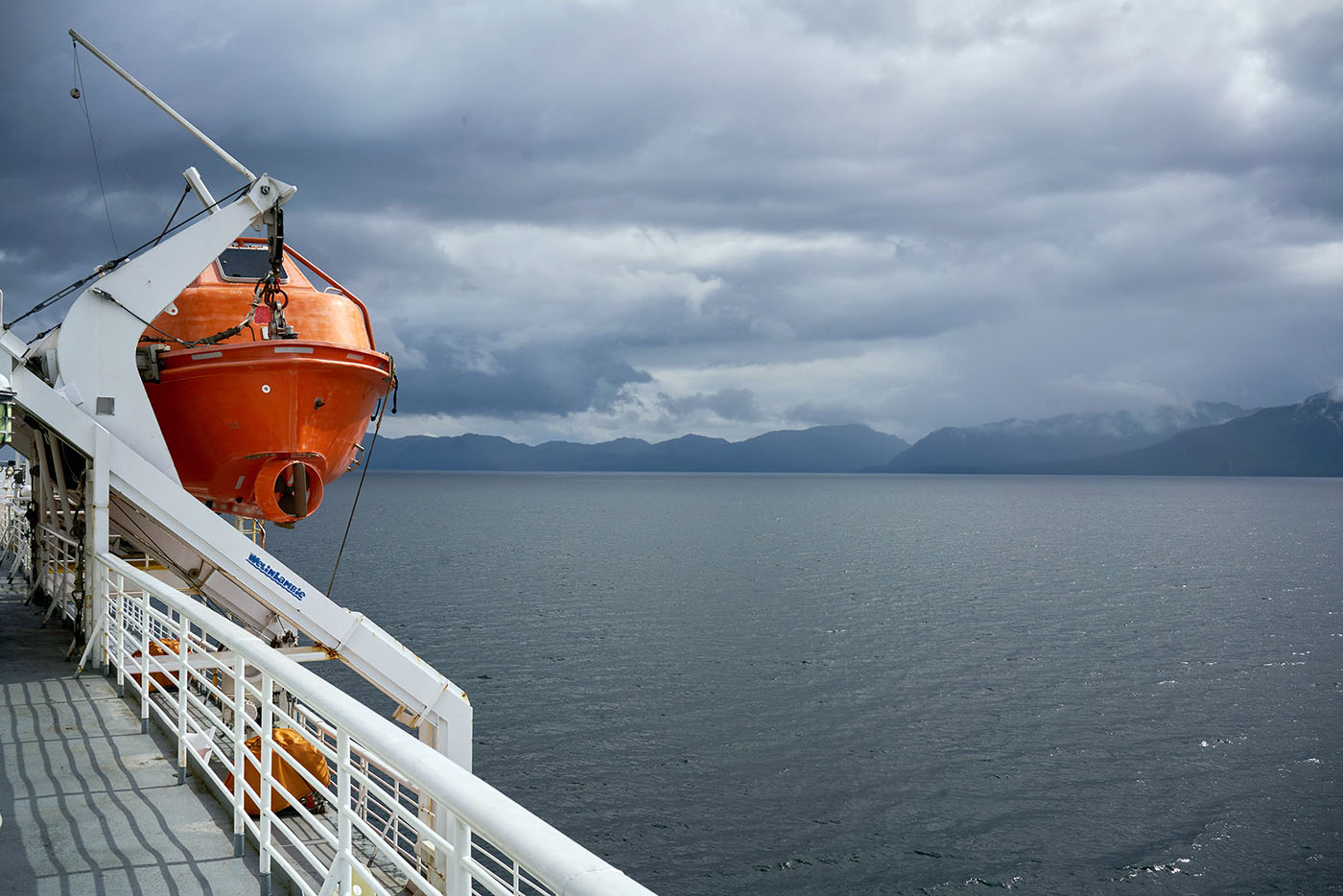
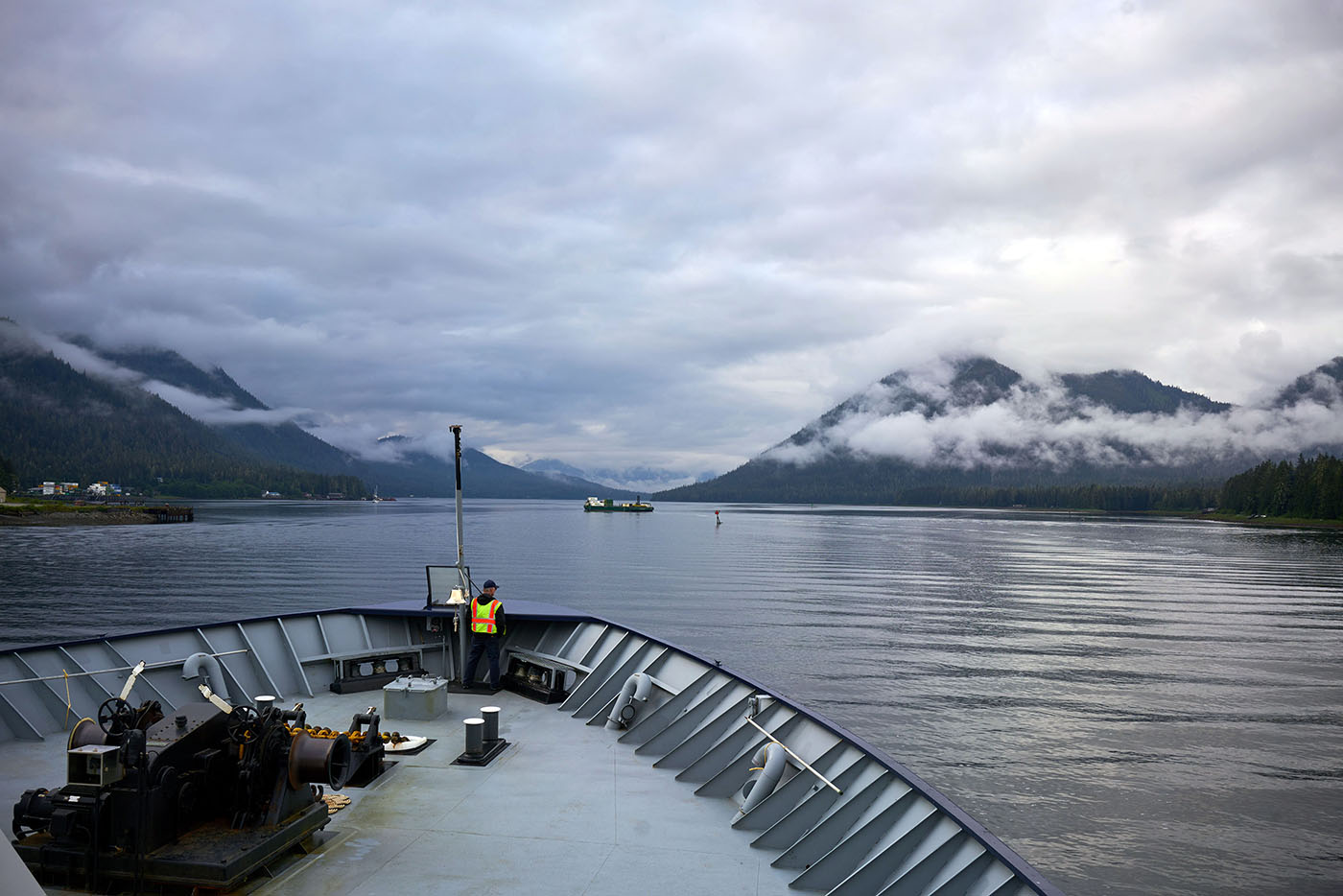
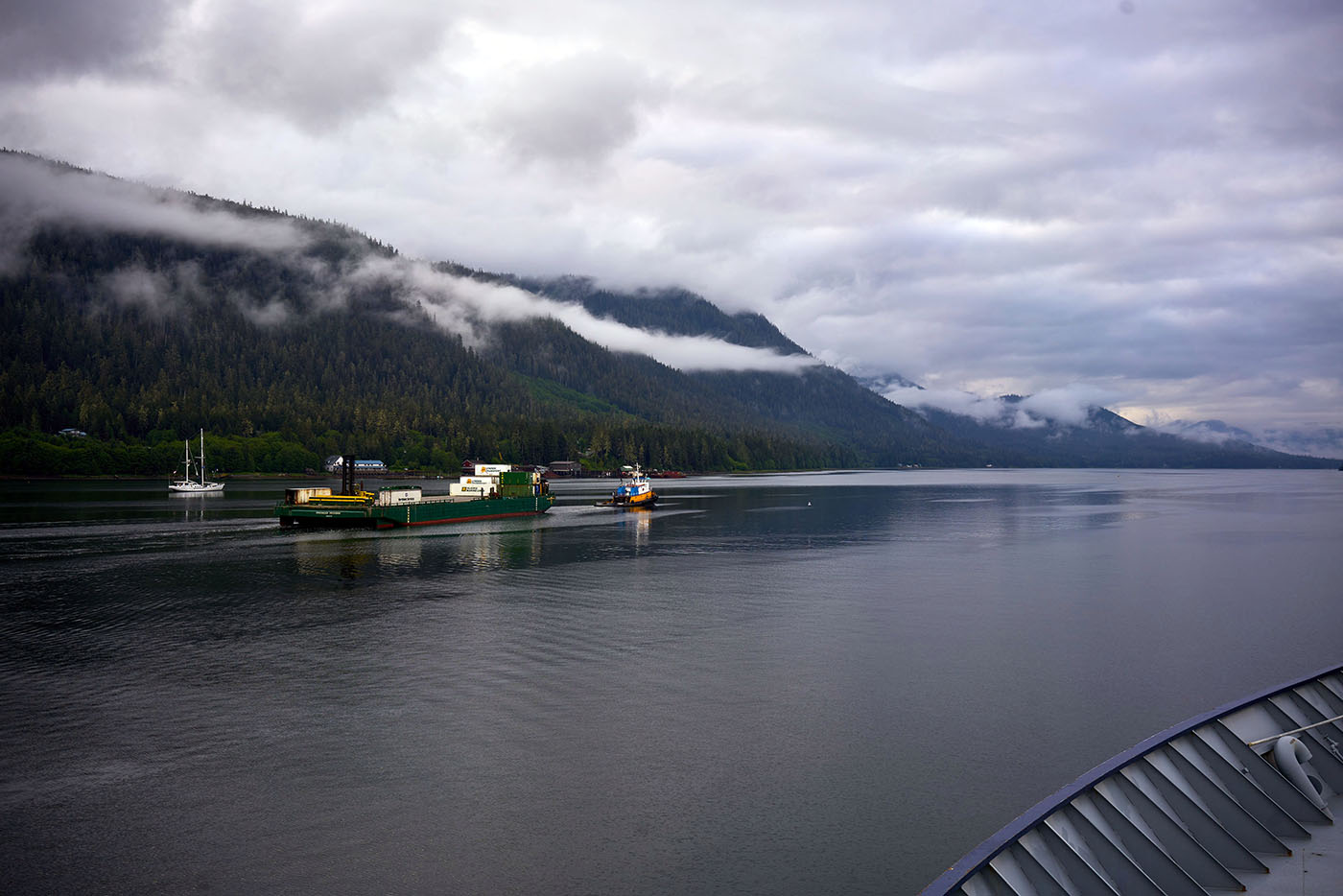
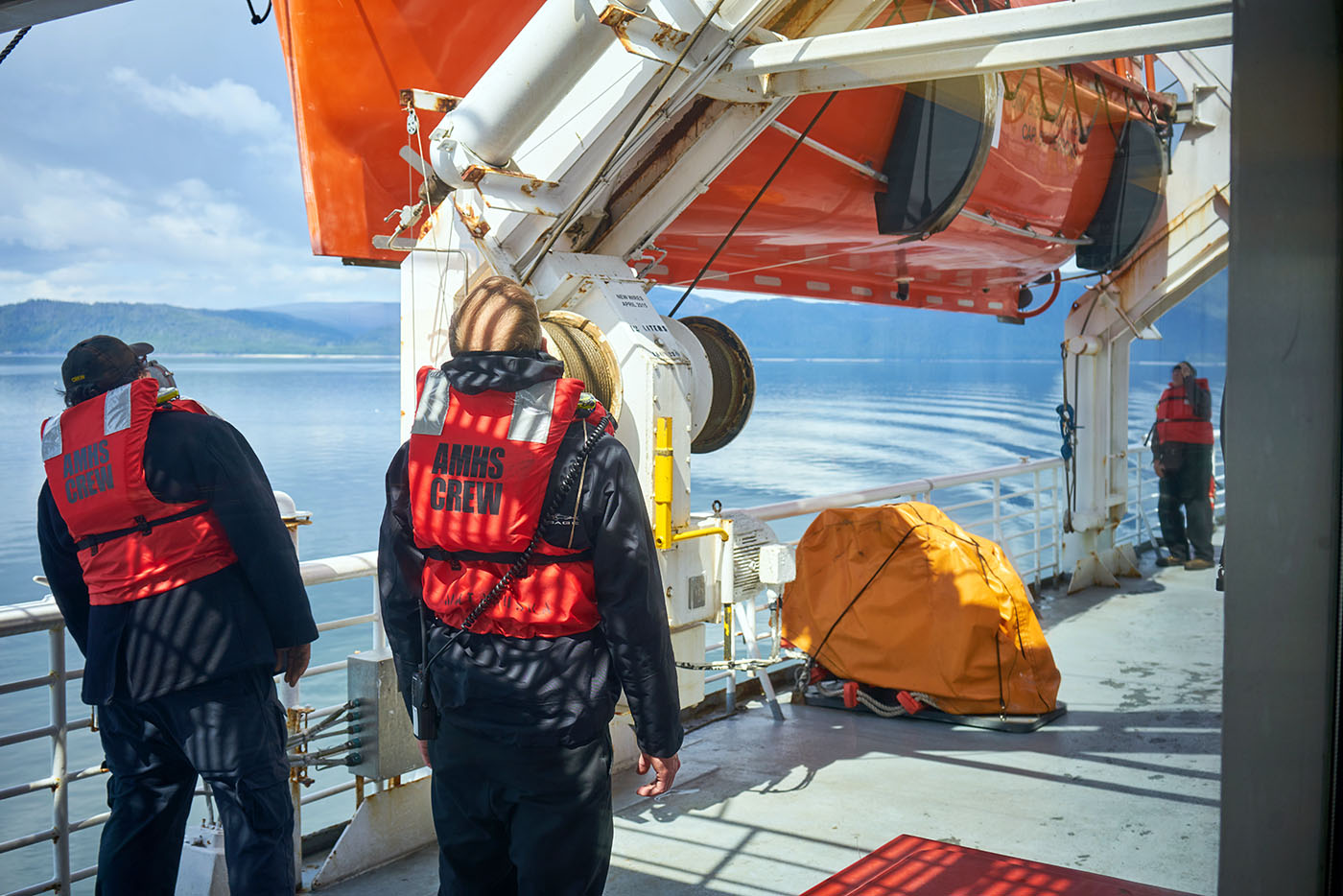
Wikipedia on the MV Matanuska.
Alaska Marine Highway System.
Inside Passage.
One cannot be overjoyed by the number of wonderful conversations such a journey includes.
There was the Australian couple, scheduled to ply the Marine Highway System thrice: south, north, then south. Then, the locals – thus “You’ve not lived in Alaska until you’ve endured 21 days of rain”. Then, the Canadians extolling the virtues of small town life and the need to avoid big city Edmonton and Calgary.
Finally, of course, there are a few camera aficionados. The conversation quickly returns to the appropriate lens for “birds in flight”, bears and whales. “I carry my 300/2.8 Nikkor in my truck. I’m always ready”.
Lake Mendota Sunset Panorama
The Science of Speaking is the Art of Being Heard
For years, people have constructed cairns, a human-made stack of stones, as landmarks, monuments or tributes. These days, hikers will add a rock to a cairn as they reach a summit of a mountain or a turning point on a trail. The longer one sits across from Khalid Halim in Reboot’s San Francisco office, the more one realizes his sofa is a modern day cairn. Instead of stones, well-known tech leaders, angels and VCs have dropped their guard there—along with their stories, ambitions and fears. It marks the start of many technologists’ inflection points.
Pomp & Circumstance: University of Wisconsin Commencement
A few images on a rather cold May Saturday. That said, I thought the program was interesting (particularly some of the student remarks) and timely for observers, parents, students and staff.



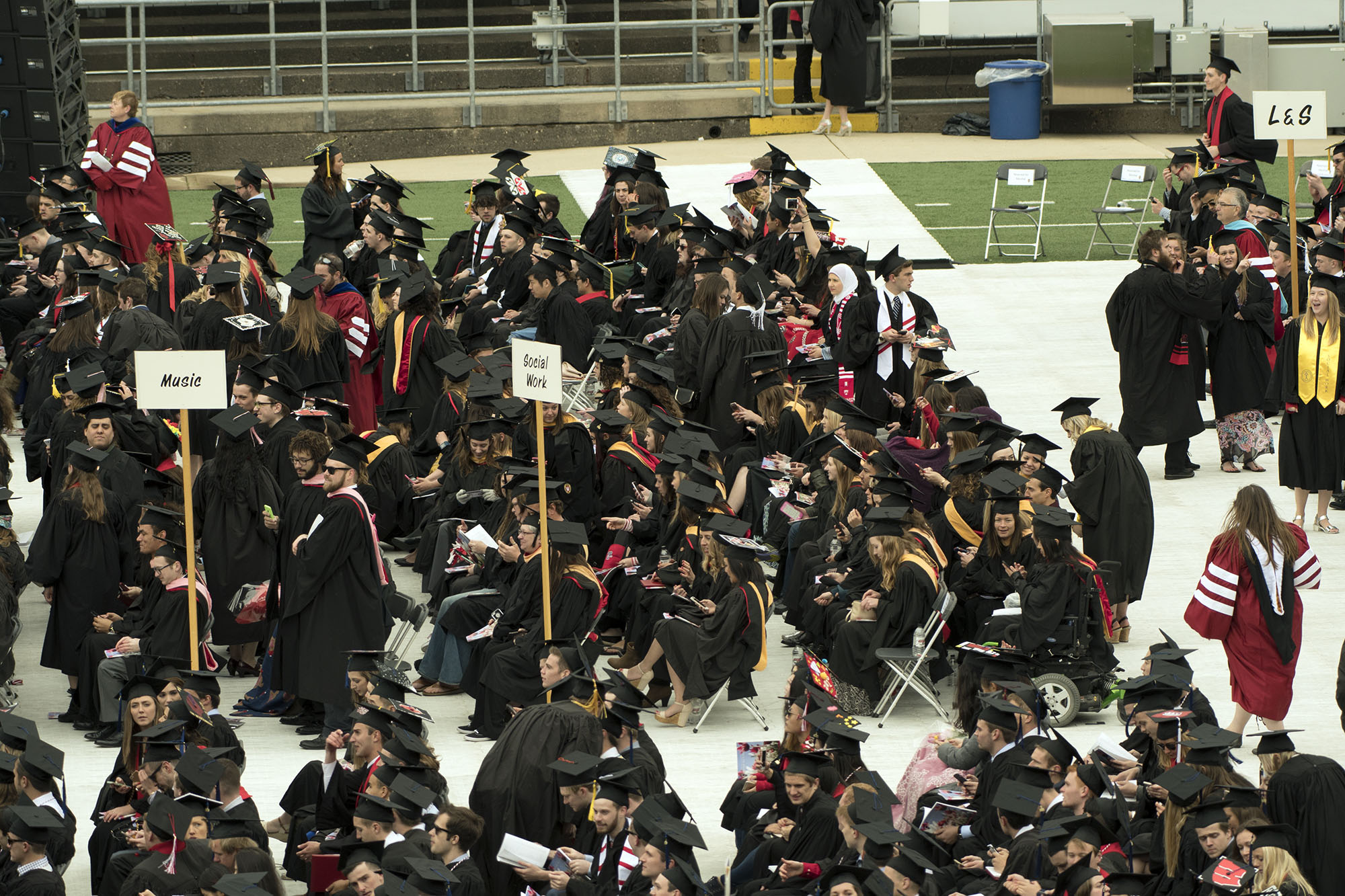

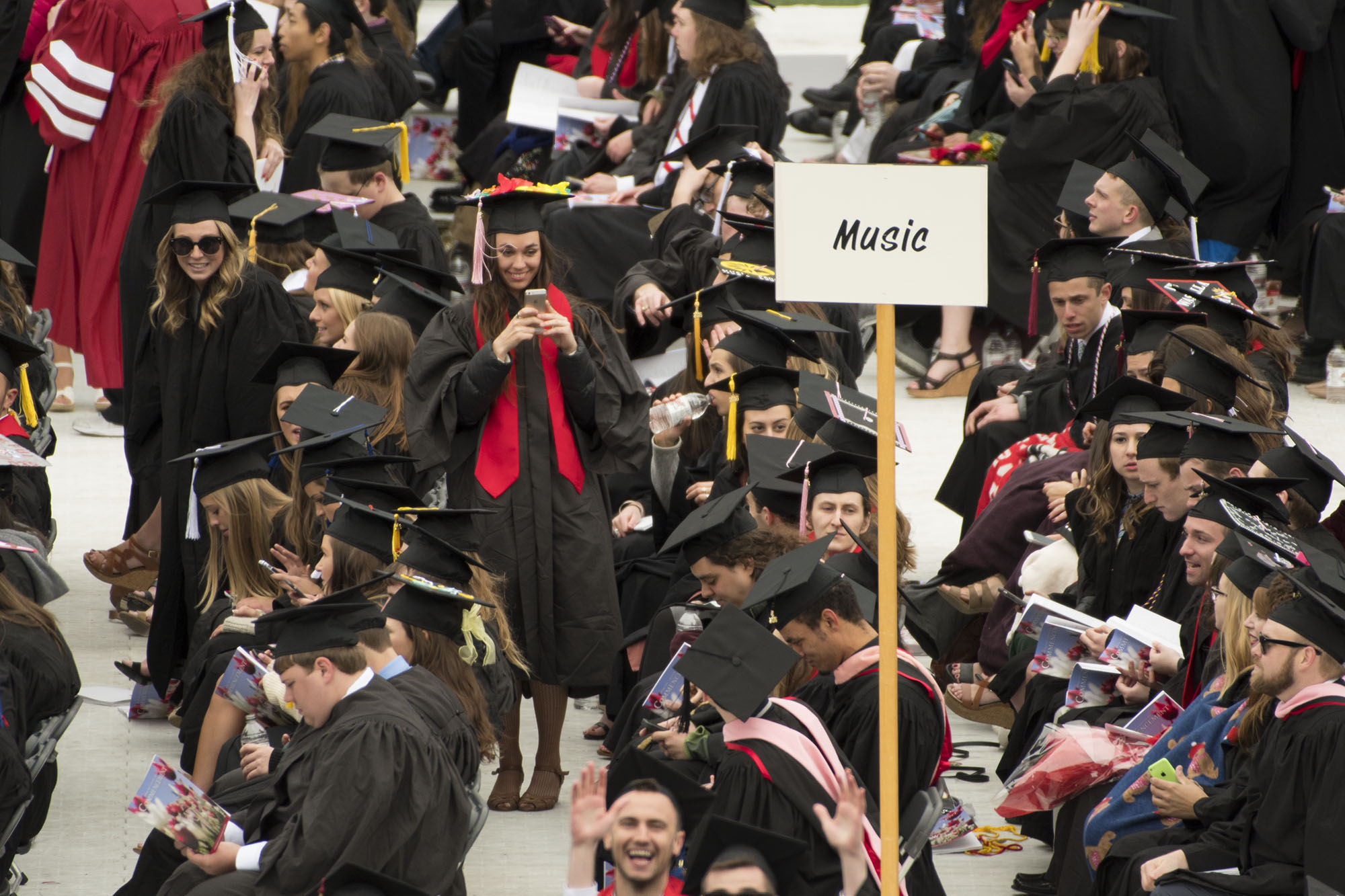
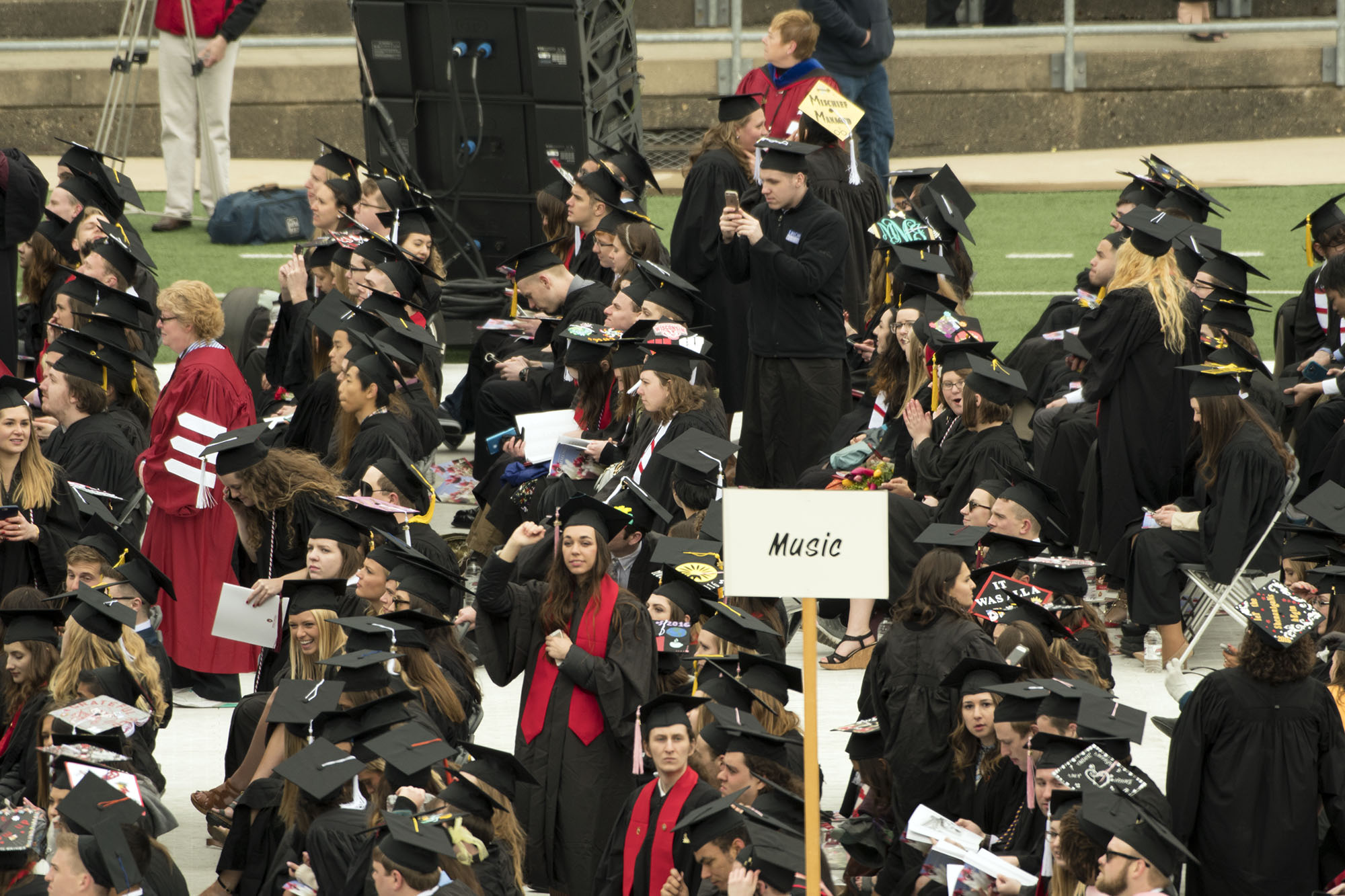
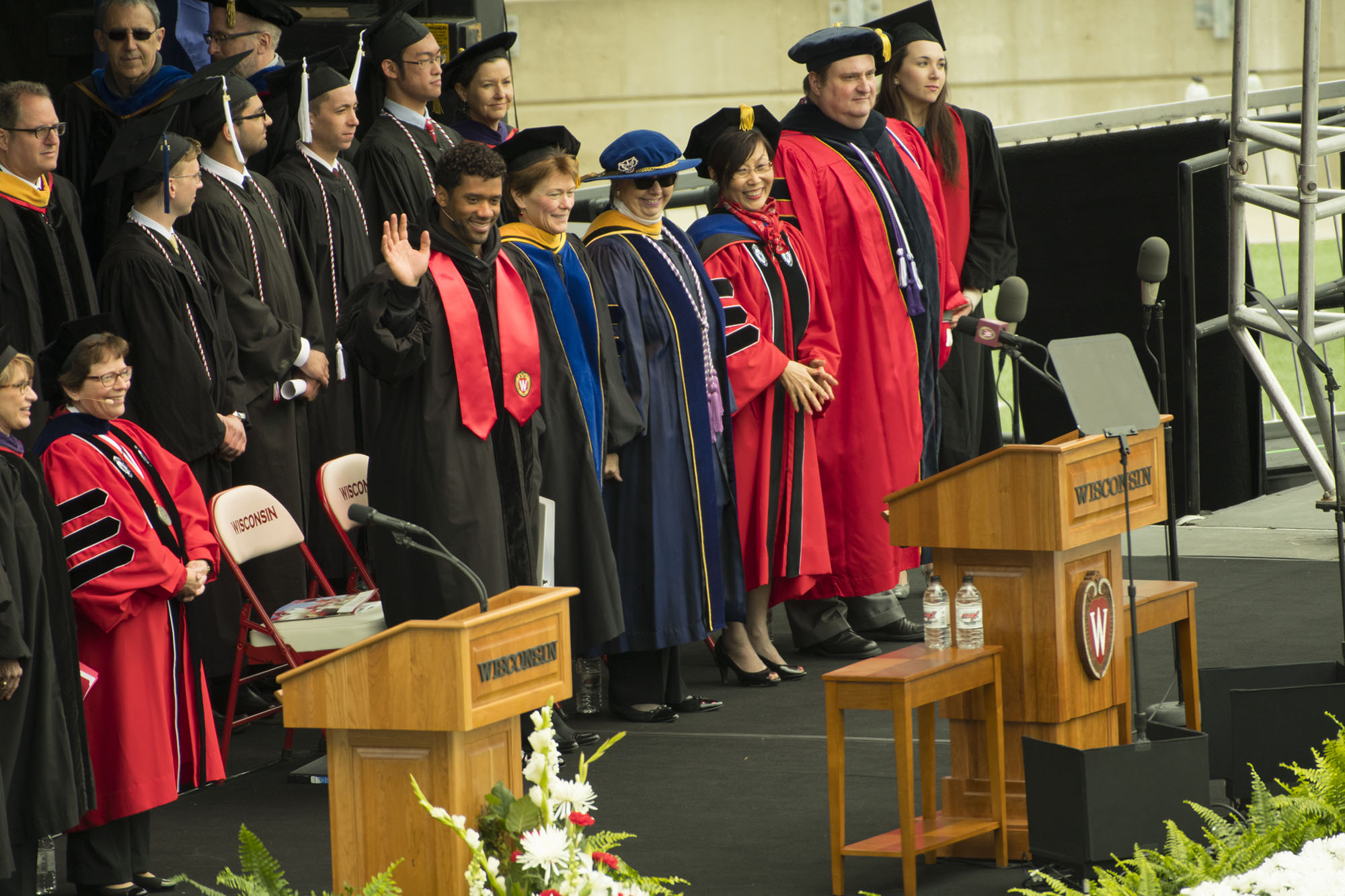
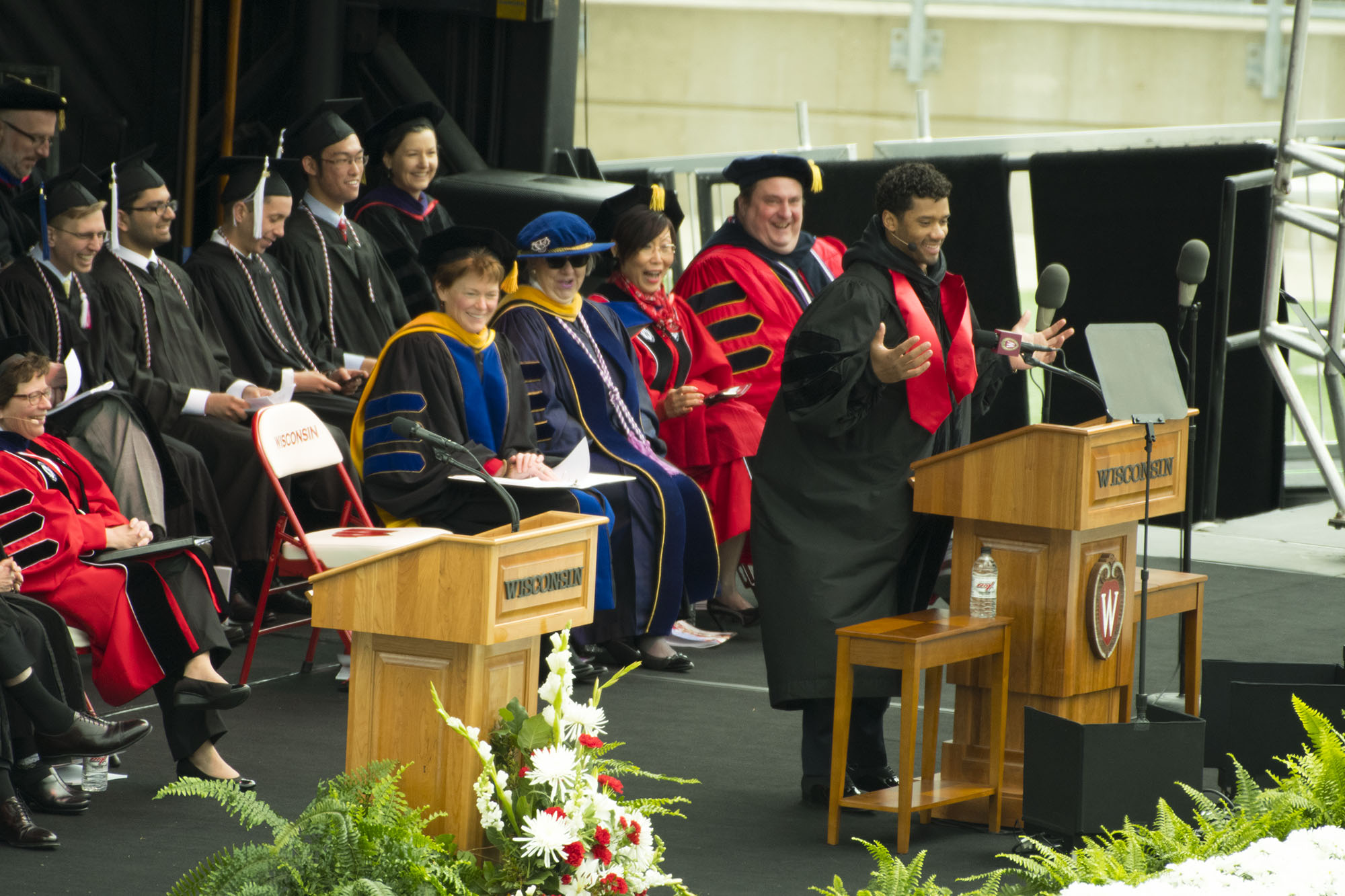
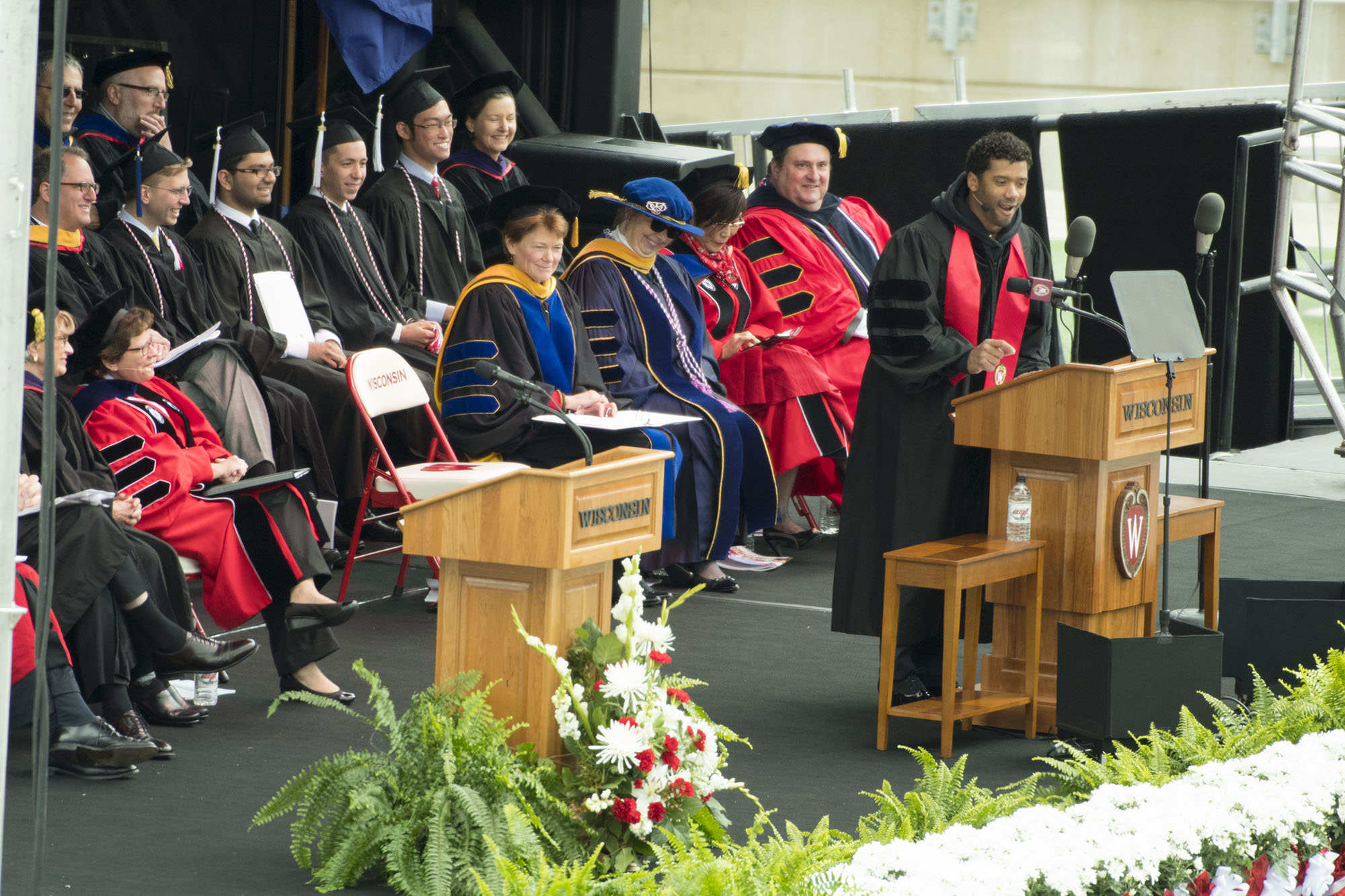
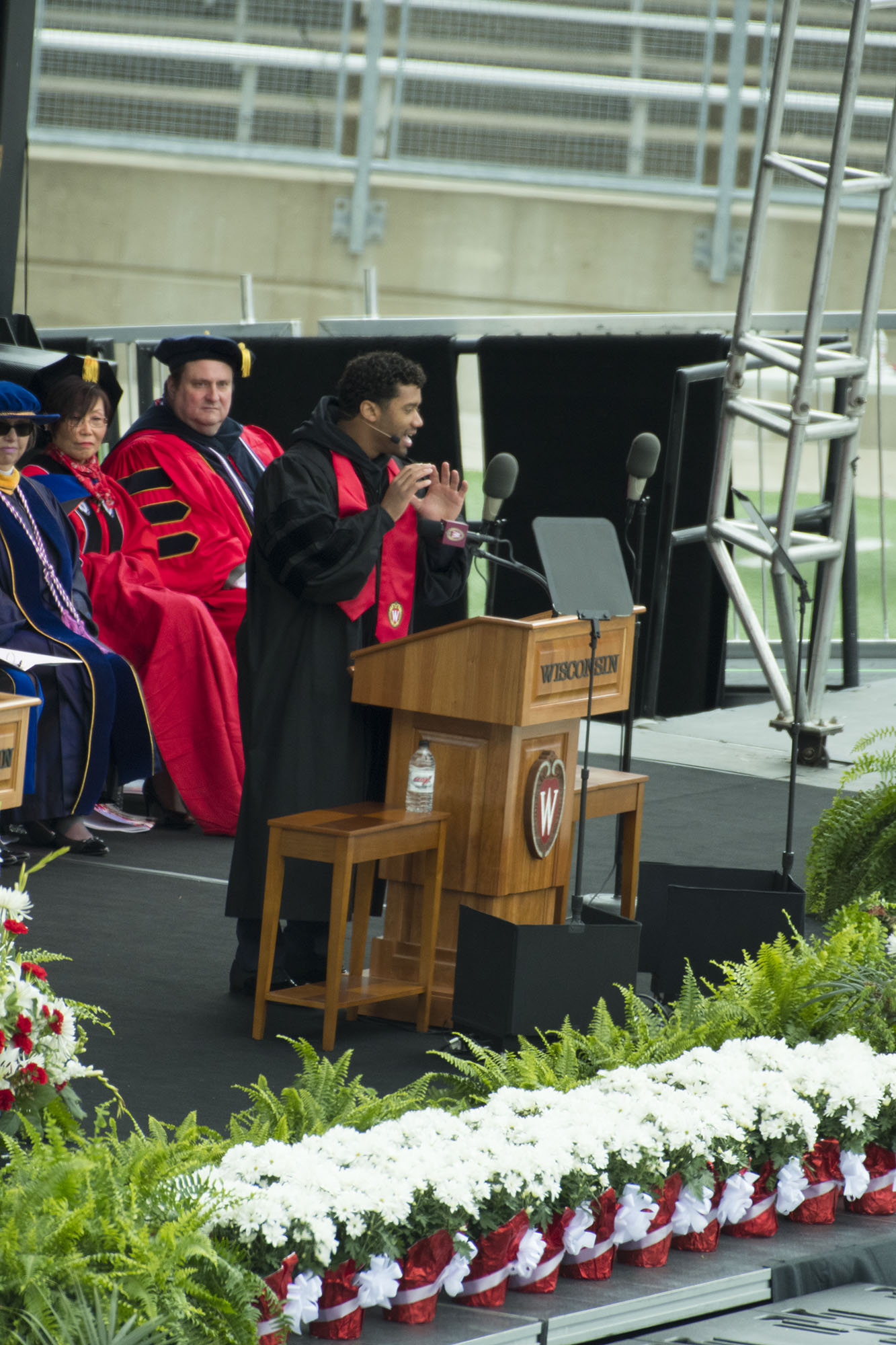
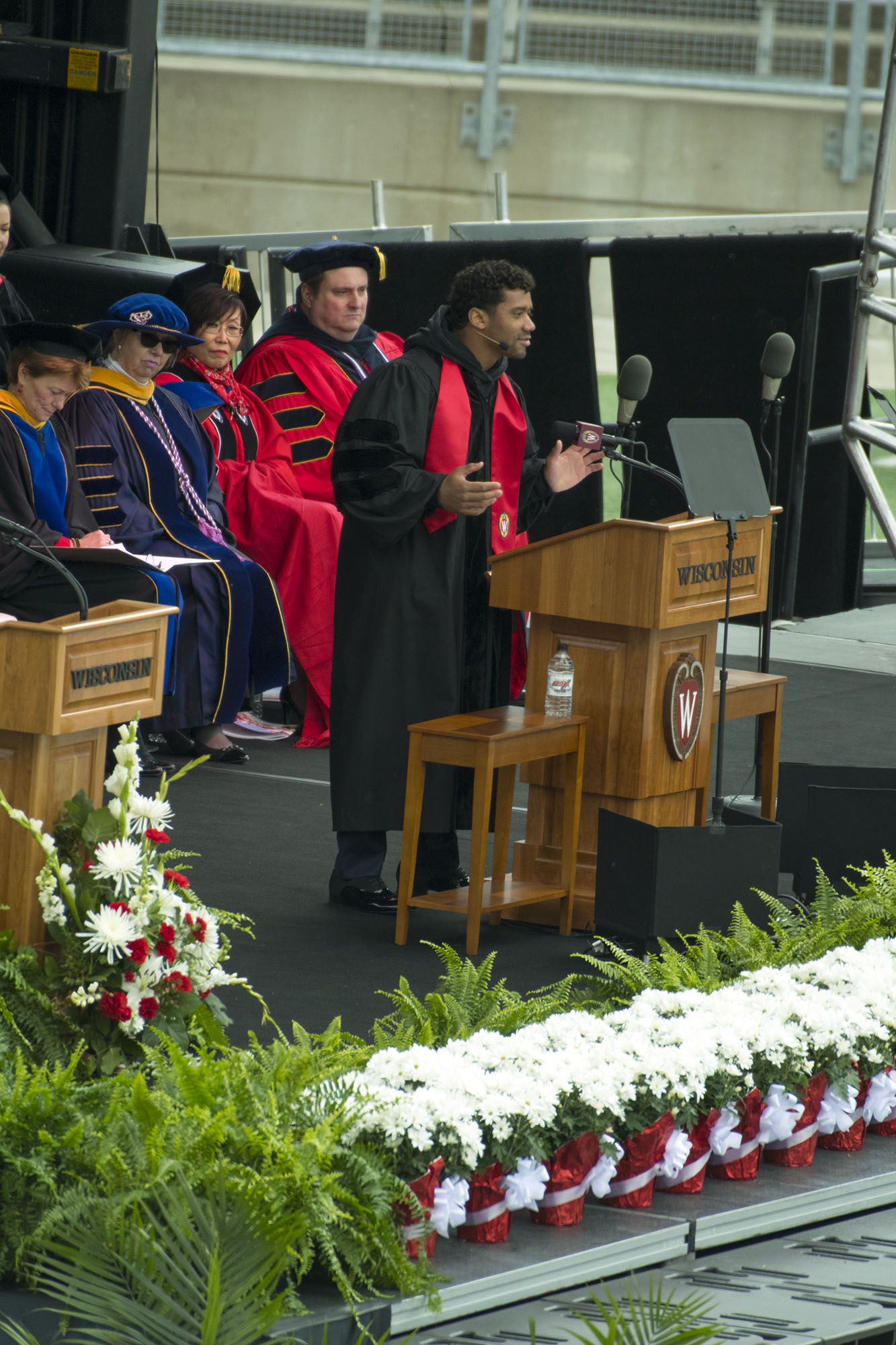
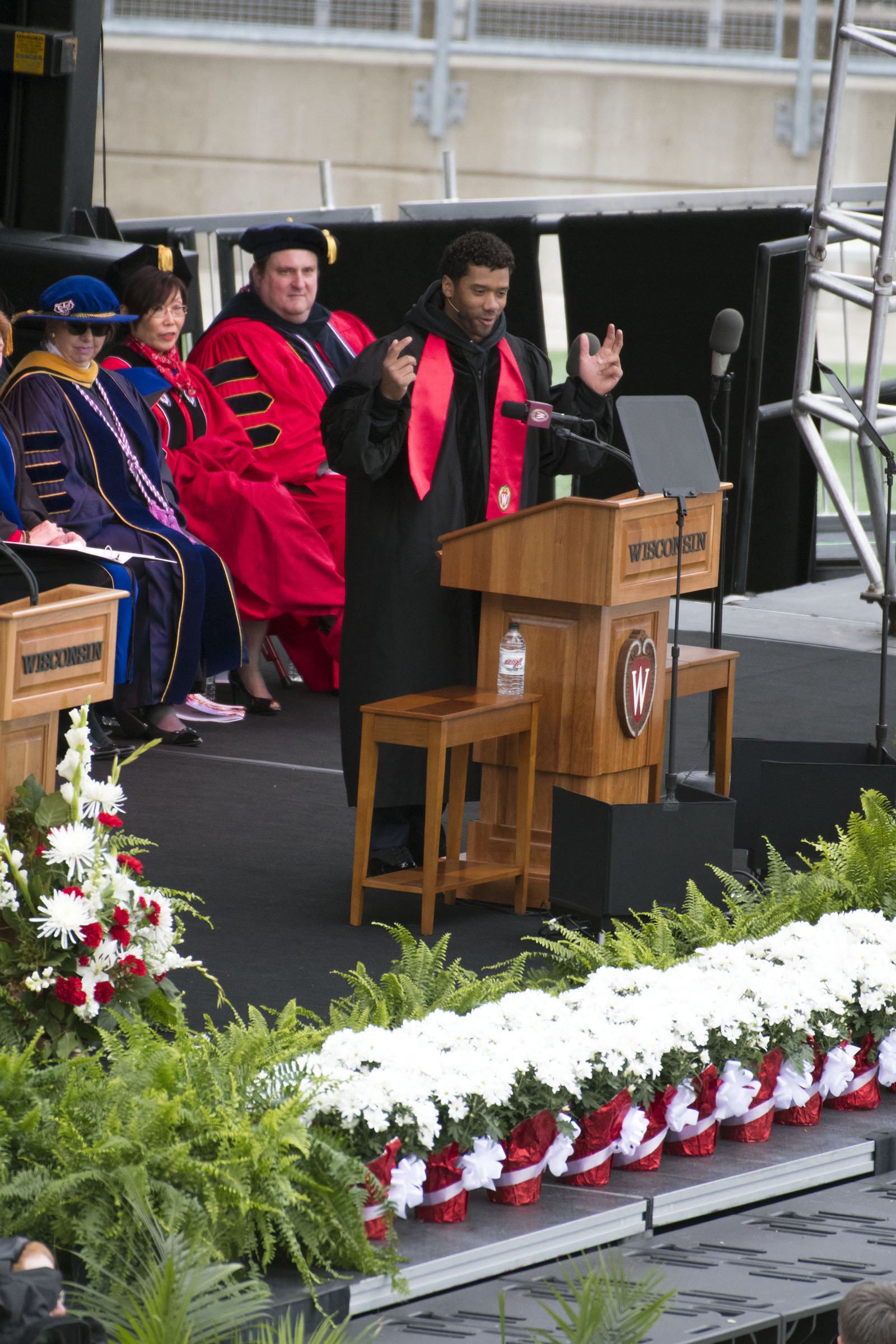
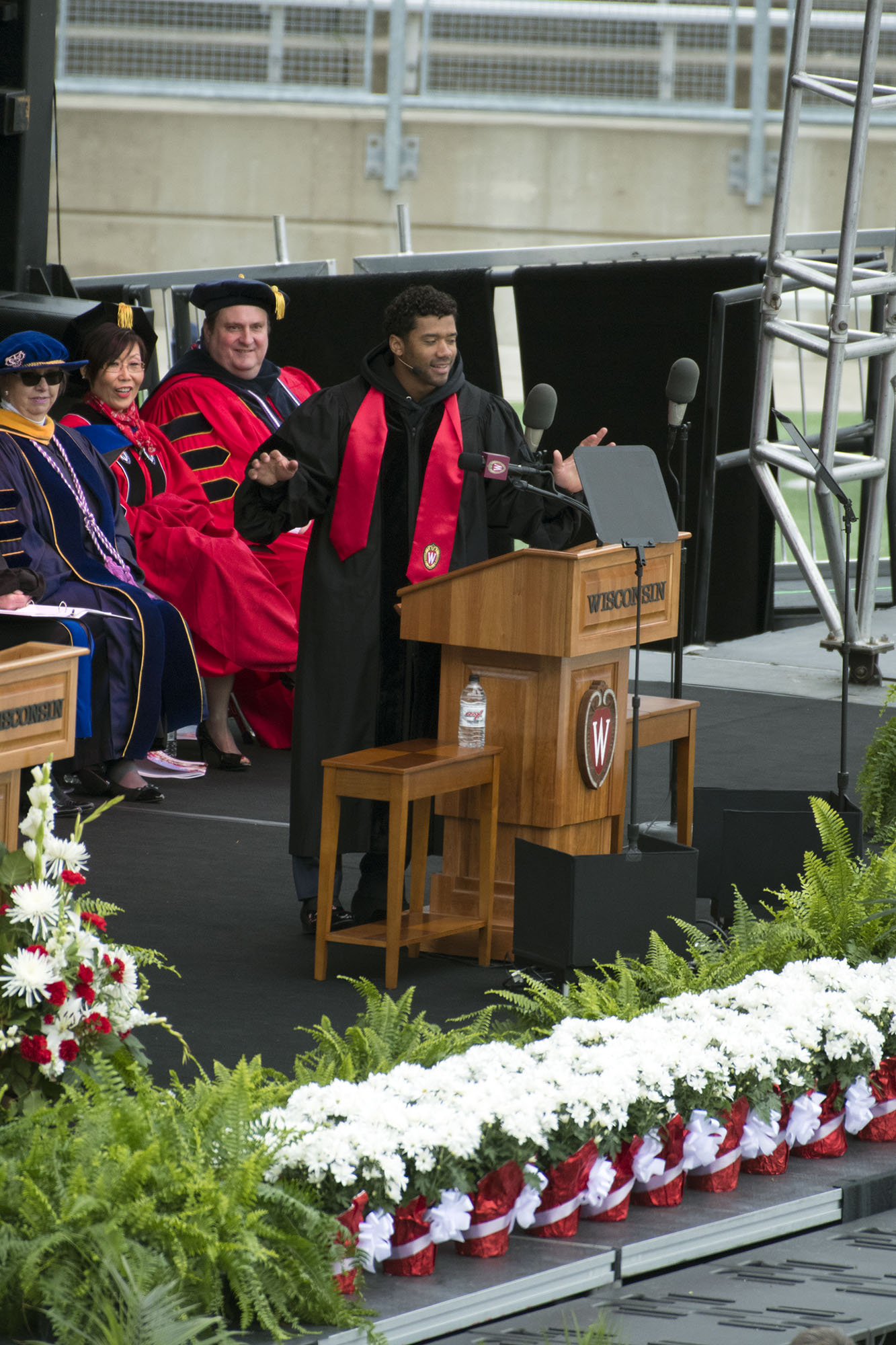
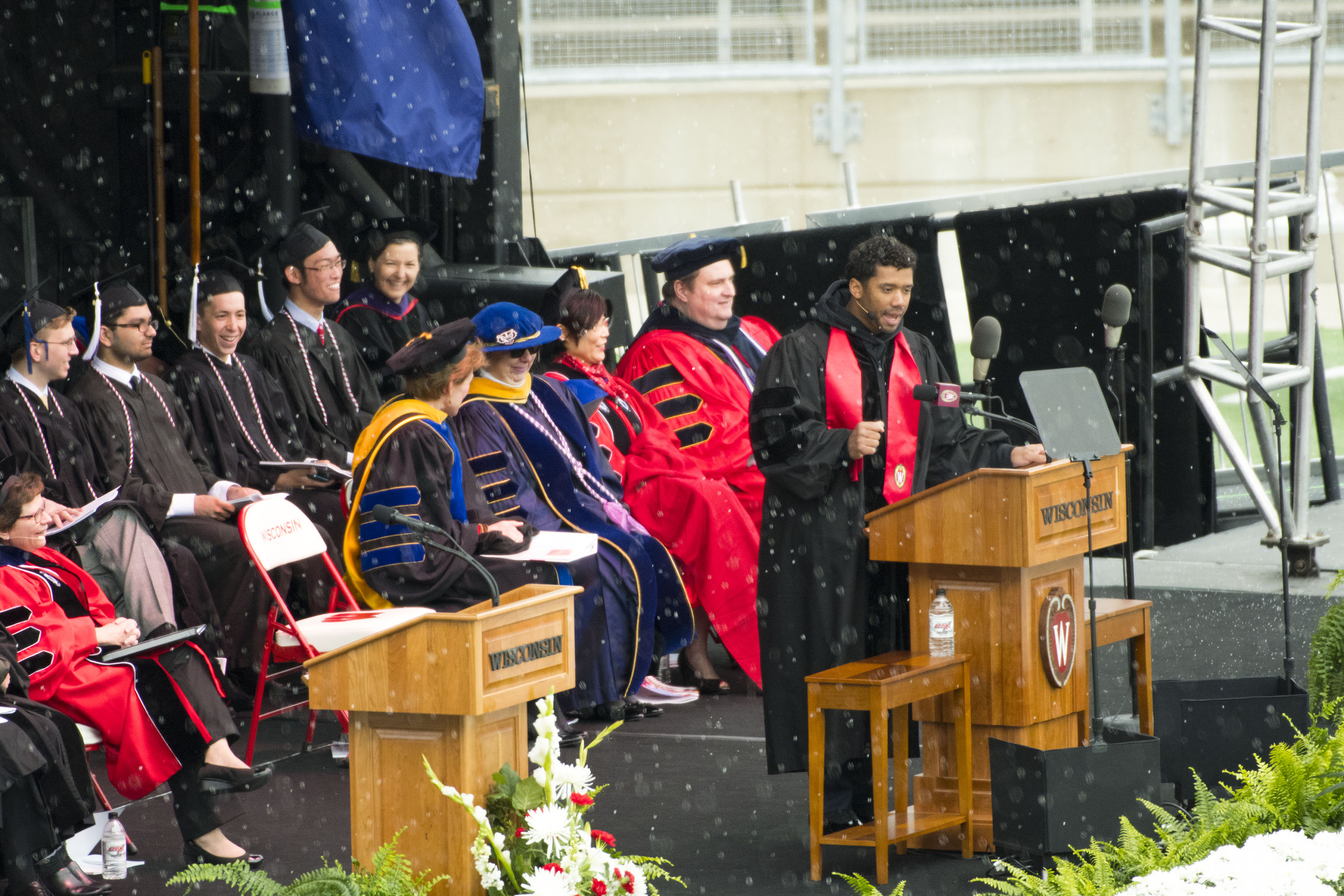
Yes, it did hail briefly during Russell Wilson’s remarkable remarks.
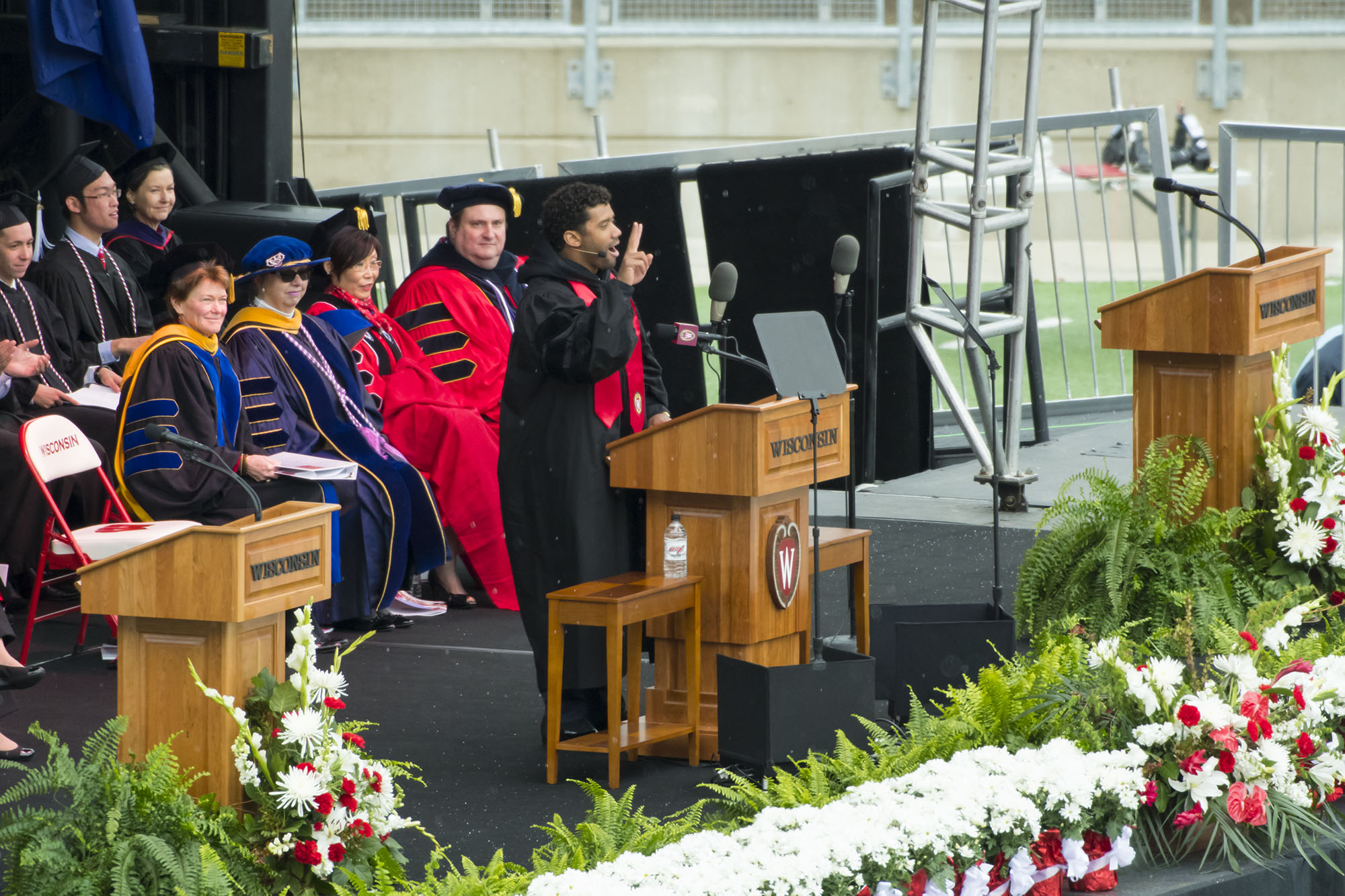
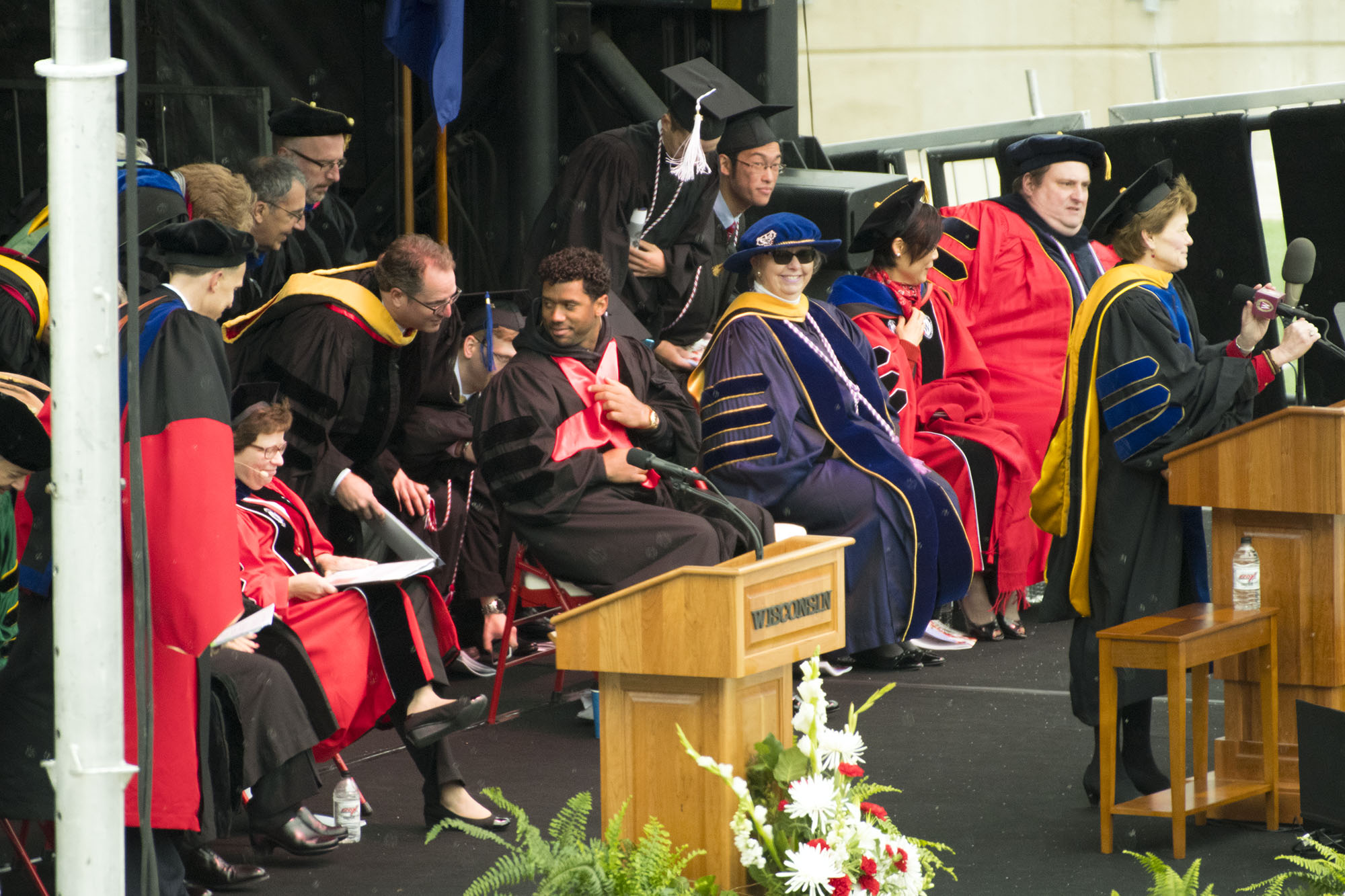



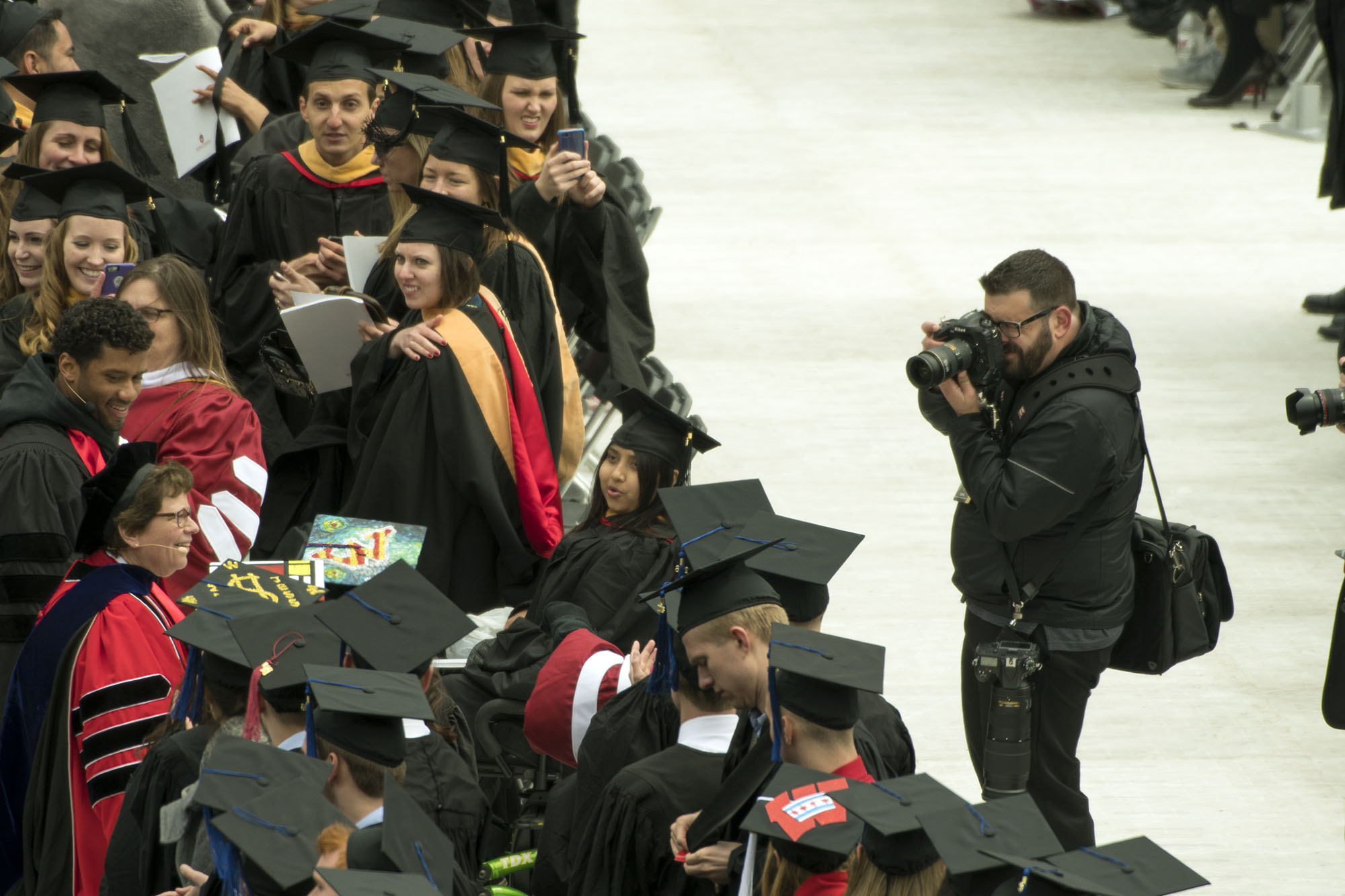
Chancellor Rebecca Blank leads the procession as the 2016 Spring Commencement draws to a close. Blank’s remarks were worthwhile, if not inspirational.
Tap on the last two images to view much larger scenes.
After analyzing 200 founders’ postmortems, researchers say these are the reasons startups fail
It’s a common adage in Silicon Valley that 90% of startups ultimately fail. To understand why that’s the case, a pair of researchers meticulously pored over 193 blog posts—startup postmortems, if you will—written by founders examining what went wrong.
It was a heartwrenching experience for Kerry Jones, an employees at data-marketing firm Fractl, to be involved in the project. “It’s extremely emotional, and I think it’s really obvious how much of their lives most people sink into their companies,” she says. (Here’s one sample from Zirtual founder Maren Kate: “I cry for all the employees we hurt. I cry for all the clients we infuriated. And I cry for the investors we let down.”)
There are, of course, limitations to this data set. For starters, there are fewer than 200 posts in it, and they all were written by founders willing to share their stories—or the portions of their stories that they were willing to reveal, anyway. “There isn’t some outside entity that went in and evaluated this company,” Jones notes. “That’s something important to keep in mind.”
A Glorious Saturday


What Happens When Your Tech Predictions Tank
In the 1980s, Erik Sandberg-Diment was a household name in Silicon Valley.
He had what was at the time a radical gig at The New York Times, or any other mainstream publication for that matter. He was a software and technology columnist, and wrote weekly reviews and reflections about the burgeoning personal computing industry. It was an era when terms like “pixels,” “megabytes,” and “floppy disks” earned painstaking explanations, and printers came with sound shields because they were so noisy.

